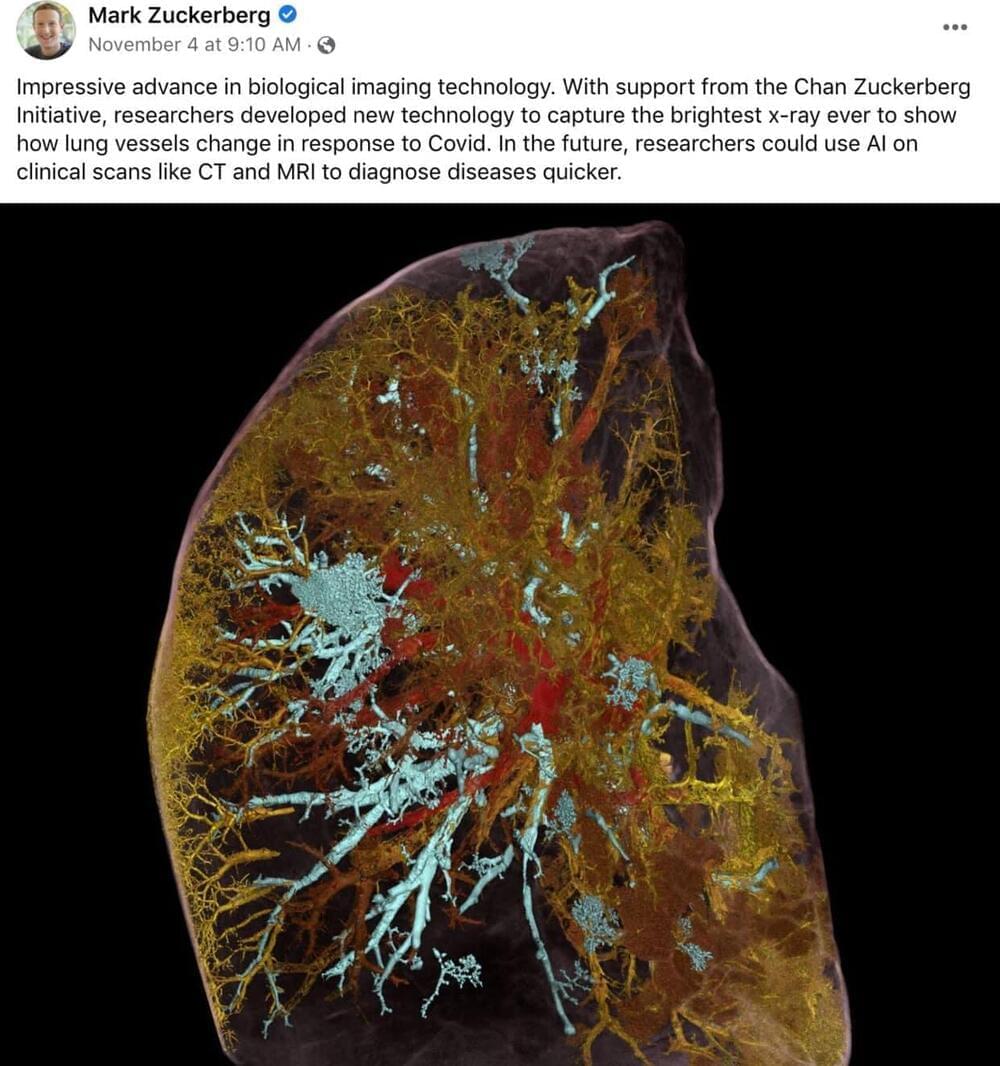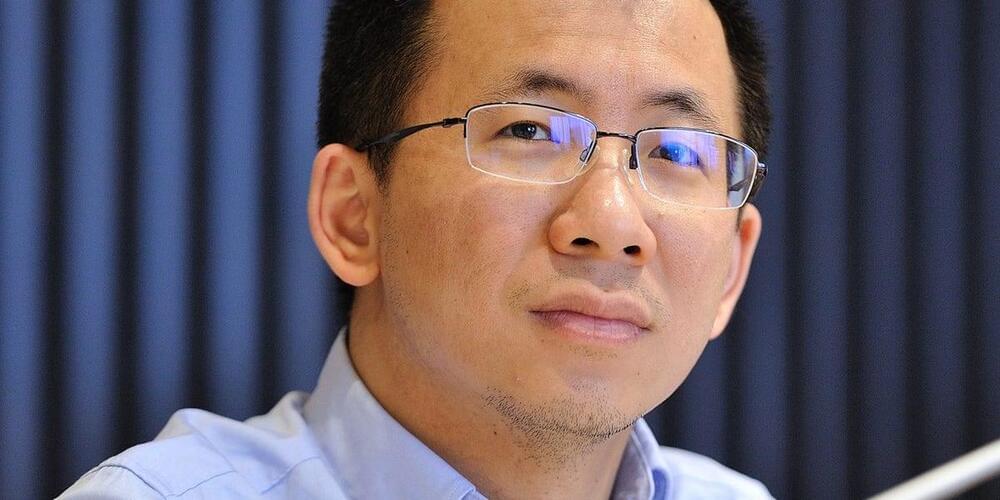If you traveled 10,000 years into the future, what would planet Earth look like? Would most of its surface be covered in volcanoes? Or would it be frozen in ice? What if you traveled even further, to one million years in the future? Would all of the oceans have evaporated? Or would it have become one giant water world? Now, what about one billion years? Would there be any humans left? Or would they have settled in other parts of the galaxy?
Transcript and sources: https://whatifshow.com/what-if-you-traveled-one-billion-years-into-the-future/
Join this channel to get access to perks:
https://www.youtube.com/channel/UCphTF9wHwhCt-BzIq-s4V-g/join.
Watch more what-if scenarios:
Planet Earth: http://bit.ly/YT-what-if-Earth.
The Cosmos: http://bit.ly/YT-what-if-Cosmos.
Technology: http://bit.ly/YT-what-if-Technology.
Your Body: http://bit.ly/YT-what-if-Body.
Humanity: http://bit.ly/YT-what-if-Humanity.
T-shirts and merch: http://bit.ly/whatifstore.
Suggest an episode: http://bit.ly/suggest-whatif.
Newsletter: http://bit.ly/whatif-newsletter.
Feedback and inquiries: https://underknown.com/contact/





